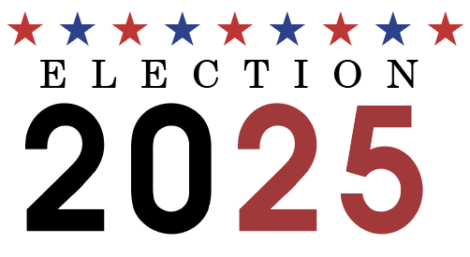Judges order emergency reserves be used for SNAP
BOSTON (AP) — Two federal judges ruled nearly simultaneously on Friday that President Donald Trump’s administration must continue to pay for SNAP, the nation’s biggest food aid program, using emergency reserve funds during the government shutdown.
The judges in Massachusetts and Rhode Island gave the administration leeway on whether to fund the program partially or in full for November. That also brings uncertainty about how things will unfold and will delay payments for many beneficiaries whose cards would normally be recharged early in the month.
The U.S. Department of Agriculture planned to freeze payments to the Supplemental Nutrition Assistance Program starting Nov. 1 because it said it could no longer keep funding it due to the shutdown. The program serves about 1 in 8 Americans and is a major piece of the nation’s social safety net — and it costs about $8 billion per month nationally.
U.S. Sen. Amy Klobuchar, a Minnesota Democrat and the ranking member of the Senate Agriculture committee that oversees the food aid program, said Friday’s rulings from judges nominated to the bench by former President Barack Obama confirm what Democrats have been saying: “The administration is choosing not to feed Americans in need, despite knowing that it is legally required to do so.”
BENEFITS STILL DELAYED
No matter how the rulings came down, the benefits for millions of people will be delayed in November because the process of loading cards can take a week or more in many states.
The administration did not immediately say whether it would appeal the rulings.
States, food banks and SNAP recipients have been bracing for an abrupt shift in how low-income people can get groceries. Advocates and beneficiaries say halting the food aid would force people to choose between buying groceries and paying other bills.
The majority of states have announced more or expedited funding for food banks or novel ways to load at least some benefits onto the SNAP debit cards.
Across the U.S., advocates who had been sounding the alarm for weeks about the pending SNAP benefits cut off let out a small sigh of relief on Friday as the rulings came down, while acknowledging the win is temporary and possibly not complete.
“Thousands of nonprofit food banks, pantries and other organizations across the country can avoid the impossible burden that would have resulted if SNAP benefits had been halted,” said Diane Yentel, president and CEO of the National Council of Nonprofits, one of the plaintiffs in the Rhode Island case.
The possibility of reduced benefits also means uncertainty
Cynthia Kirkhart, CEO of Facing Hunger Food Bank in Huntington, West Virginia, said her organization and the pantries it serves in Kentucky, Ohio and West Virginia will keep their extra hours this weekend, knowing that the people whose benefits usually arrive at the start of the month won’t see them.
“What we know, unless the administration is magical, is nothing is going to happen tomorrow,” she said.


